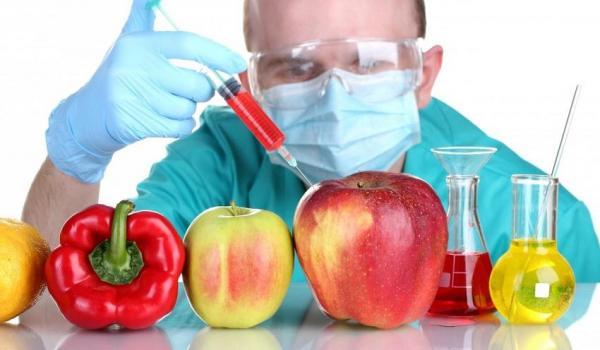
AgBioForum-Volume 2, Number 3 & 4
Miguel A. Altieri & Peter Rosset
Advocates of biotechnology affirm that the application of genetic engineering to develop transgenic crops will increase world agricultural productivity, enhance food security, and move agriculture away from a dependence on chemical inputs helping to reduce environmental problems. This paper challenges such assertions by first demystifying the Malthusian view that hunger is due to a gap between food production and human population growth. Second, we expose the fact that current bio-engineered crops are not designed to increase yields or for poor small farmers, so that they may not benefit from them. In addition, transgenic crops pose serious environmental risks, continuously underplayed by the biotechnology industry. Finally, it is concluded that there are many other agro-ecological alternatives that can solve the agricultural problems that biotechnology aims at solving, but in a much more socially equitable manner and in a more environmentally harmonious way.
Key words: biotechnology; transgenic crops; developing countries; Malthusian view; environmental risks.
To read the document download the PDF



